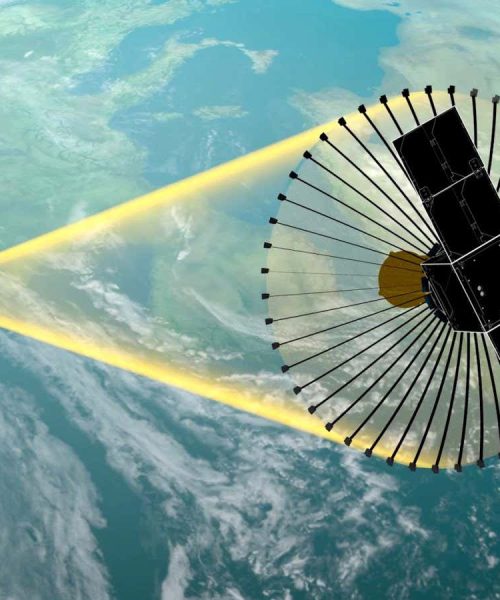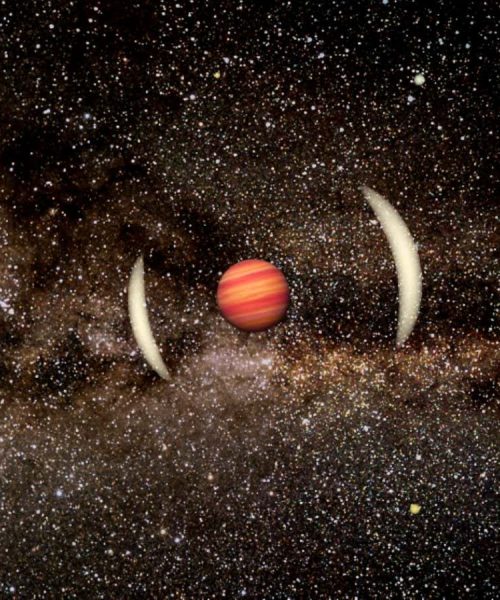
The SLIM lander is continuing to snap photos of the moon’s surface
JAXA
Somehow, Japan’s Smart Lander for Investigating Moon (SLIM) has survived three lunar nights, an astonishing feat. Moon landers typically survive for one lunar day – about two Earth weeks – because night on the moon is so cold that it ruins spacecraft batteries and electronics.
Very few moon landers are built to survive nighttime temperatures on the moon, which can dip as low as -133°C (-208°F). SLIM is no exception to this – it has no heaters or special insulation designed to keep the spacecraft’s electronics warm.
The original plan was that lunar night would mark the end of the lander’s mission, so when night fell less than two weeks after SLIM’s 19 January landing, nobody expected it to wake up again. But on 25 February, the sun rose over SLIM’s resting place near the south pole of the moon, and it turned back on.
Advertisement
Surprised, SLIM’s operating crew on Earth got to work instructing the lander to take images and measurements of its surroundings until the next lunar night, when surely the mission would truly be over. In late March, the sun rose once again, and once again the lander turned on and began transmitting data back to Earth.
By all metrics, that made the mission a shocking success, even after a difficult landing that left the spacecraft sitting on a slant. It still had another surprise waiting, though – on 23 April, after a third lunar night, SLIM was resuscitated once again.
The official SLIM account on X posted, “SLIM has maintained its primary functions even after three overnight stays, which was not anticipated in its design.” A new picture of the surface of the moon, accompanying that post, indicates that the lander is hard at work once again gathering data that will not only help us understand the moon, but also how to build a spacecraft that can survive lunar night.
Topics:





